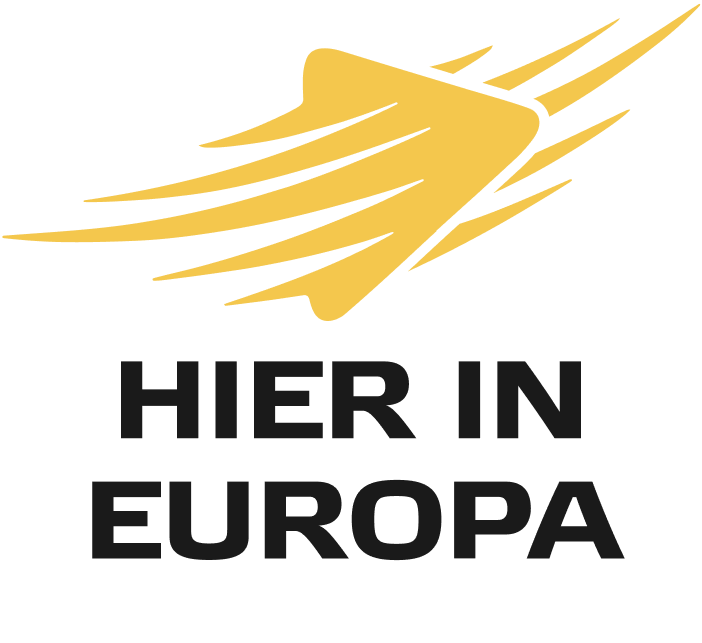Project Rationale
What is the campaign about?
With this value-based narrative change campaign, we want to approach ‘middle audiences’. The goal is to build a broader base of support for ‘European mobility’ in the public arena and open the door for political support.
What is the goal?
The goal is to strengthen and promote European freedom of movement.
Why are we carrying out a campaign on European mobility?
Germans and their family members, like all other EU citizens, have the right to travel, live, work and retire anywhere in the EU. This freedom has become as natural to most Europeans as the dismantling of border controls and bureaux de change. It is one of the most valued EU freedoms.
Nevertheless, some societal actors keep spreading views that emphasise cultural differences above all, especially on social media. As a result, some of the laws that are supposed to ensure that EU citizens are treated equally everywhere may be implemented only tentatively or discretionally, which, in turn, may make EU citizens’ lives difficult.
However, the experience with European mobility is very positive. New opportunities open up for the individual and the community benefits.
Why is it launched in Germany only?
As a starting point, we launched this pilot in Germany. Not only the economical and political position of Germany in the EU makes it reasonable to test the campaign there. Also, 4.5 million Europeans chose Germany as their new home, making it a country with the highest number of mobile EU citizens in EU27. Given these numbers, Germany holds a lot of sway in decision making in this area.
What is more, the political momentum of elections and a potential government change provides a good environment for such a campaign.
What is the legal framework?
The European Commission announced a revision of the 2009 guidelines on free movement in 2022 in order to improve legal certainty for EU citizens exercising their free movement rights. ECAS together with other organisations have been advocating for this new Communication for many years. In fact, we have identified several issues that need to be urgently addressed in order to enhance freedom of movement in the EU. You can read our Policy Paper on this issue here.
Who is the target group?
We aim to shift the public narrative on European freedom of movement in Germany towards a more positive frame. Our target group for this are the “Established” and “Detached” segments of society (Fault Lines: Germany’s Invisible Divides, More in Common, 2019).
Why this target group?
We chose these target groups since (1) their current perception of European freedom of movement is not necessarily positive and (2) their views remain possible to be shifted. The aim is to build a broader base of support for political changes and adaptations that the new Communication will undoubtedly require and we see this work as complimenting ongoing efforts to expand and mobilise existing supporter groups.
What are the stories about?
The stories we are sharing are emphasising on the benefits of freedom of movement – for Europe generally but also for Germany specifically. We also show difficulties that mobile EU citizens face – hurdles that should not exist.
Are the stories real?
Those stories are built on real-life experiences that we have observed, such as legal and administrative challenges that mobile EU citizens and their families face when applying for residence documents, accessing healthcare, welfare benefits or job markets, or trying to be politically active. Some of them are displayed here.
Where does it take place?
The Campaign is an online-only exercise. It is published on social media with a geographical focus on a set of carefully selected regions within Germany.
Is it a one-off campaign?
The campaign is a pilot project. Further follow up activities based on the outcomes might be envisaged.
Who is behind the campaign?
The project is implemented by the European Citizen Action Service (ECAS), together with the Alliance for Europe (A4E) and Feantsa. It is funded by the European Programme for Integration and Migration (EPIM), Porticus and the Social Change Initiative (SCI). The International Center for Policy Advocacy (ICPA) supported the campaign as a capacity builder.
How can you get in touch?
Do not hesitate to reach out to the campaign team info@hierineuropa.de.
